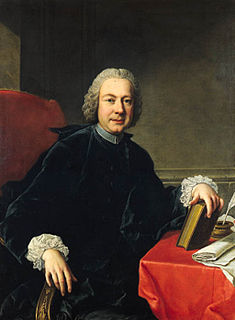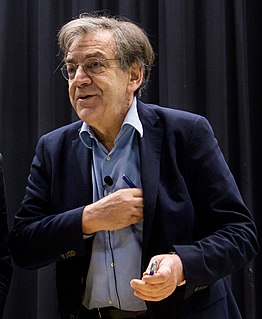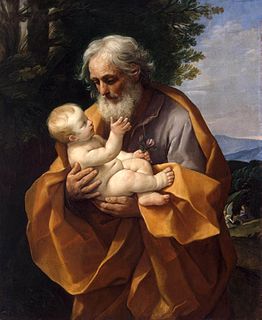A Quote by Henry David Thoreau
The coward wants resolution, which the brave man can do without. He recognizes no faith above a creed, thinking this straw by which he is moored does him good service, because his sheet anchor does not drag.
Related Quotes
A man's real faith is never contained in his creed, nor is his creed an article of his faith. The last is never adopted. This it is that permits him to smile ever, and to live even as bravely as he does. And yet he clings anxiously to his creed, as to a straw, thinking that that does him good service because his sheet anchor does not drag.
No man can fight his way to the top and stay at the top without exercising the fullest measure of grit, courage, determination, resolution. Every man who gets anywhere does so because he has first firmly resolved to progress in the world and then has enough stick-to-it-tiveness to transform his resolution into reality. Without resolution, no man can win any worthwhile place among his fellow men.
There is a power in the soul, quite separate from the intellect, which sweeps away or recognizes the marvelous, by which God is felt. Faith stands serenely far above the reach of the atheism of science. It does not rest on the wonderful, but on the eternal wisdom and goodness of God. The revelation of the Son was to proclaim a Father, not a mystery. No science can sweep away the everlasting love which the heart feels, and which the intellect does not even pretend to judge or recognize.
O, this faith is a living, busy, active, powerful thing! It is impossible that it should not be ceaselessly doing that which is good. It does not even ask whether good works should be done; but before the question can be asked, it has done them, and it is constantly engaged in doing them. But he who does not do such works, is a man without faith. He gropes and casts about him to find faith and good works, not knowing what either of them is, and yet prattles and idly multiplies words about faith and good works.
The search for a "suitable" church makes the man a critic where God wants him to be a pupil. What he wants from the layman in church is an attitude which may, indeed, be critical in the sense of rejecting what is false or unhelpful but which is wholly uncritical in the sense that it does not appraise- does not waste time in thinking about what it rejects, but lays itself open in uncommenting, humble receptivity to any nourishment that is going.
If in this supreme test, in face of which the braggart falls silent and every heroic gesture is paralyzed, a man walks straight up to the cause of his fear and is not deterred from doing that which is good -- which ultimately means for the sake of God, and therefore not from ambition or from fear of being taken for a coward -- this man, and he alone, is truly brave.
What a man does, that he has. What has he to do with hope or fear? In himself is his might. Let him regard no good as solid but that which is in his nature, and which must grow out of him as long as he exists. The goods of fortune may come and go like summer leaves; let him scatter them on every wind as the momentary signs of his infinite productiveness.
Each man is contained and constrained, on entering social life, to fit his own life in, just as he fits his words and thoughts into a language that was formed without and before him and which is impervious to his power. Entering the game, as it were, whether of belonging to a nation or of using a language, a man enters arrangements which it does not fall to him to determine, but only to learn and respect the rules.
Clearly, what God wants above all is our will which we received as a free gift from God in creation and possess as though our own. When a man trains himself to acts of virtue, it is with the help of grace from God from whom all good things come that he does this. The will is what man has as his unique possession
There is a time in every man's education when he arrives at the conviction that envy is ignorance; that imitation is suicide; that he must take himself for better, for worse, as his portion; that though the wide universe is full of good, no kernel of nourishing corn can come to him but through his toil bestowed on that plot of ground which is given to him to till. The power which resides in him is new in nature, and none but he knows what that is which he can do, nor does he know until he has tried.
It seems that certain transcendental realities emit rays to which the masses are sensitive. That is how, for example, when an event takes place, when at the front an army is in danger, or defeated, or victorious, the rather obscure news which the cultivated man does not quite understand, excite in the masses an emotion which surprises him and in which, once the experts have informed him of the actual military situation, he recognizes the populace's perception of that "aura" surrounding great events and visible for hundreds of kilometers.
































